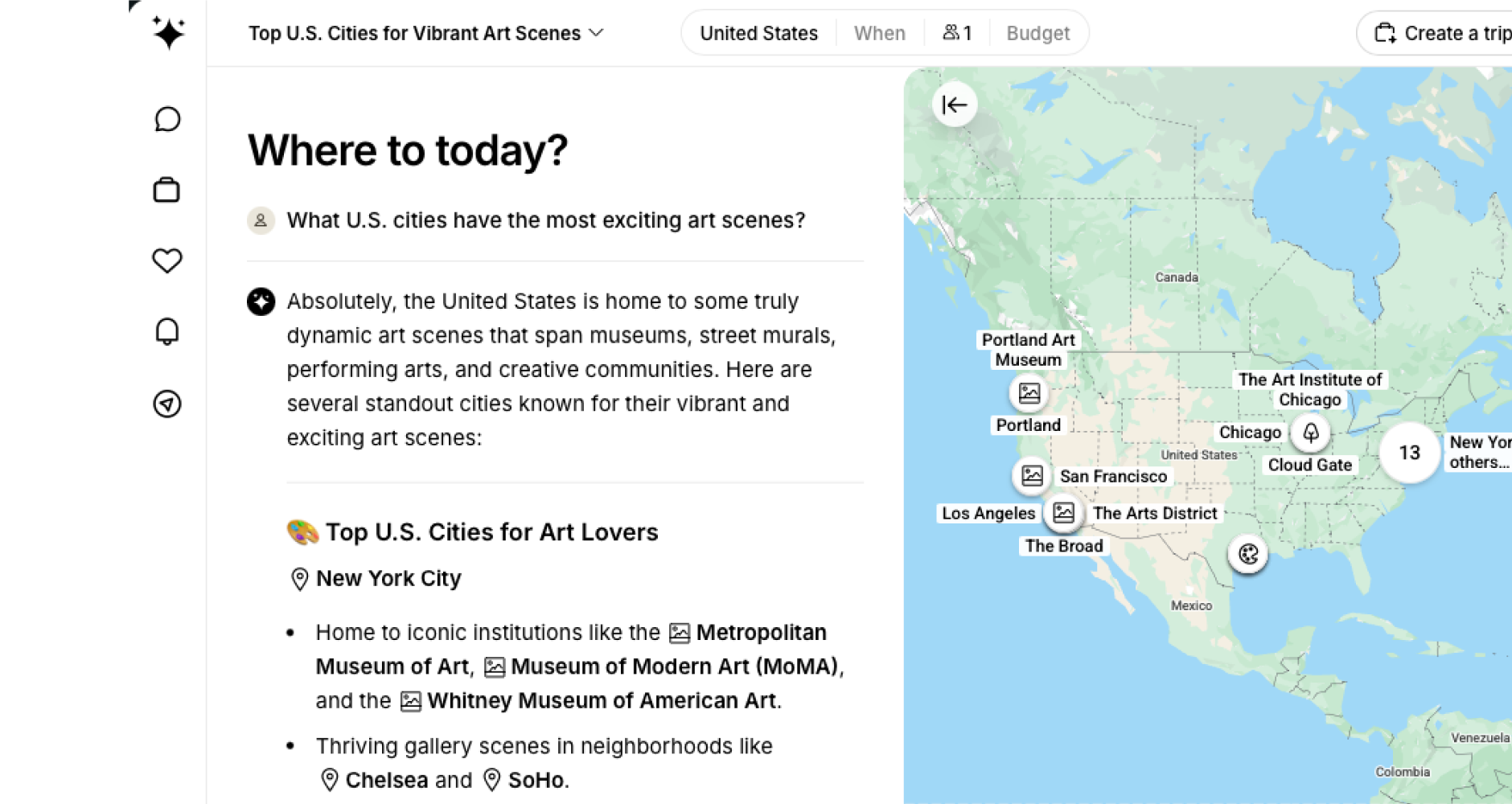Together with the World Bank, DTTT conducted extensive research followed by a webinar to analyse the current challenges, trends, areas of key policy development and investments to drive the tourism sector. The research highlighted the voice of the industry leaders of tourism and analyse the tourism value chain on the role of technology.
Key areas of policy development and investment
The findings of the research share the key challenges and trends that are driving the digital transformation in the tourism industry from a consumer, industry, and global perspective. It highlights the areas of policy development and investment to drive sustainable digital growth in the tourism industry.
1. Industry Governance & Structure
Leadership plays a critical role in driving the growth of digitalisation in the tourism sector. National Tourism Organisations worldwide need to take the responsibility of leading the sustainable growth of digitalisation and breaking barriers to the transformation process.
The process of digitalisation involves significant and smart investment in terms of financial and human resources. The destination needs to encourage and invite foreign direct investments to support the digital growth of the industry. There needs to be more public and private sector partnerships to support innovative digital projects.
The industry should adopt a decentralised decision-making process that involves the participation of regional organisations to empower and respond to the needs of the local stakeholders.
2. Capability Development
The tourism industry requires a new range of digital skill sets to keep up with the digital transformation process. There is a need to up-skill the tourism workforce to stay competitive and meet the demands of the digital generation of travellers. The tourism workforce should have wider access to learning opportunities for addressing current challenges and capitalising on the trends in the industry.
The adoption of agile methods and focusing on the user-centric approach can guide tourism organisations through the digital transformation process that will further fuel innovation and prototyping ideas in a rapidly changing digital paradigm.
3. Innovation-led Transformation
The digital transformation in the tourism industry is led by innovation and the emergence of start-ups and SMEs. The local SMEs struggle with liquidity issues with limited business management skills to access commercial finance.
Policy support on analysing the risk and cost-benefits of innovations can help in leading the digital transformation in the right direction.
Investment in data support systems for the local stakeholders will enhance the ability of governments to collect, manage and share data. It will further eliminate the lack of capacity and expertise in data management for the destinations.
4. Policy & Regulation
The dynamic digital landscape led by innovation requires a fast-paced update on regulations and policies to drive the industry towards a sustainable future. The governments and the tourism stakeholders need to closely work together to understand the policy and regulation needs of the industry.
Tourism is one of the major industries contributing to a sustainable, social and economic growth of a destination. However, the ICT infrastructure strategies fail to integrate a tourism perspective. There is a need for strategic investments in technology that delivers impactful solutions to support SMEs' digital strategies. There is also an urgent need to create awareness about the future needs and potential of digital advancements.
Main Takeaways
This research highlighted the need to move forward with the digital transformation in tourism in a collaborative and innovative way. NTOs, DMOs and any other organisation in tourism must involve key stakeholders in the process so that they become active participants and contribute with new ideas and insights. Engagement is critical in this type of transformation.
The tourism workforce also needs to improve their digital skills to keep up with the tools that exist and push digital innovation. None of this will be possible if the policy and regulations don't provide opportunities for innovation - governments and tourism stakeholders must work collaboratively.






.svg)
















.webp)
